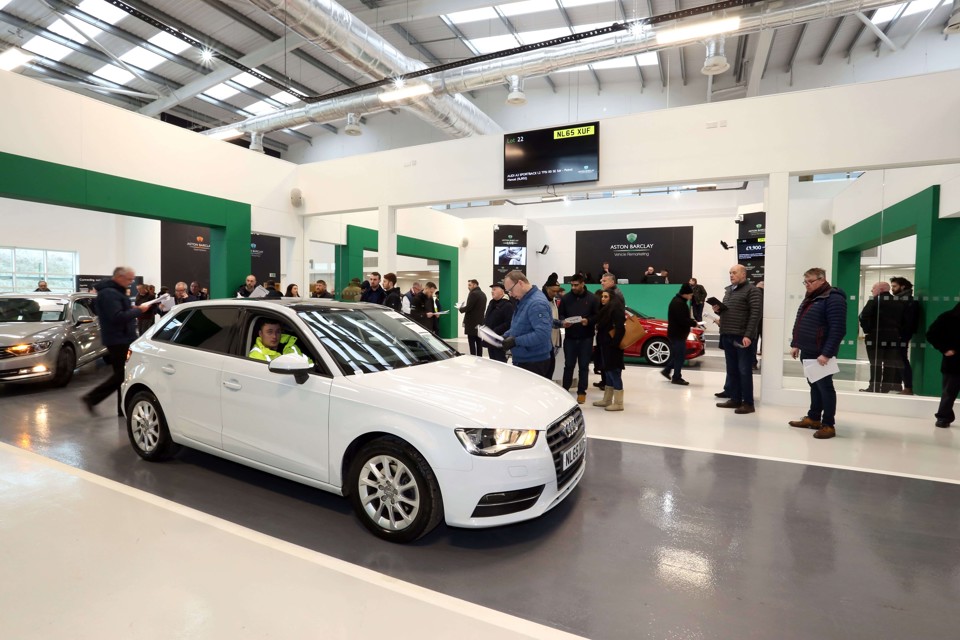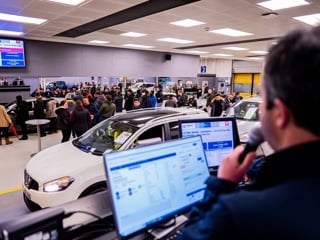The volume of used diesel cars going under the hammer reached an all-time low in Q2, according to Aston Barclay’s latest monthly used market report.
The remarketing firm said 42.7% of its stock in Q2 was diesel, a fall from 46% in Q1, signalling the first sign that used diesel volumes are falling to coincide with new car fuel trends.
Diesel prices remained consistent, at £8,302 in Q2 - a fall of just £32 over Q1. Petrol prices, meanwhile, fell by 1.6% (£122) to £7,447.
Used electric vehicle (EV) prices remain “unstoppable” with prices increasing in Q2 by 11.7% (£3,289) to a new record of £31,349. Sale volumes also increased in Q2 by a third over Q1 and now account for 1.5% of Aston Barclay’s sales.
“Q2 has thrown up some interesting trends. Diesel volumes fell 3.3% from Q1 to Q2, but we believe that once more ex-fleet used cars reach auction diesel volumes will start to rise again,” said Martin Potter, Aston Barclay’s chief customer officer.
“The overall used market is slowing down with price increases only for the right stock. Refurbishment levels continue to rise as vendors make their used cars as attractive as possible to increase conversion rates while buyers are handing over the hassles of improving a car’s condition to us so they arrive at the dealership retail ready,” he added.
Used fleet prices fell by an average of 2.5% (£405) to £15,278. This is the third successive quarter where average prices were in the £15,000s, which reinforces the sector’s stability.
Late and low (0-24 months) and budget (126 months +) used cars continued to buck the trend with price rises of 2.9% (£696) and 1.2% (£26) to £23,941 and £2,075, respectively.
Aston Barclay has also seen a marked move with vendors and buyers investing in refurbishment pre and post auction as wholesale demand and retail prices continue to slow. It refurbished 10% of used cars in Q2 and predicts this could rise to nearer 15% as parts availability and bodyshop slots remain compromised. Typically, a vendor’s £100 investment is seeing a £400 return as dealers invest in improving a car’s condition to speed up its retail sale.























Login to comment
Comments
No comments have been made yet.